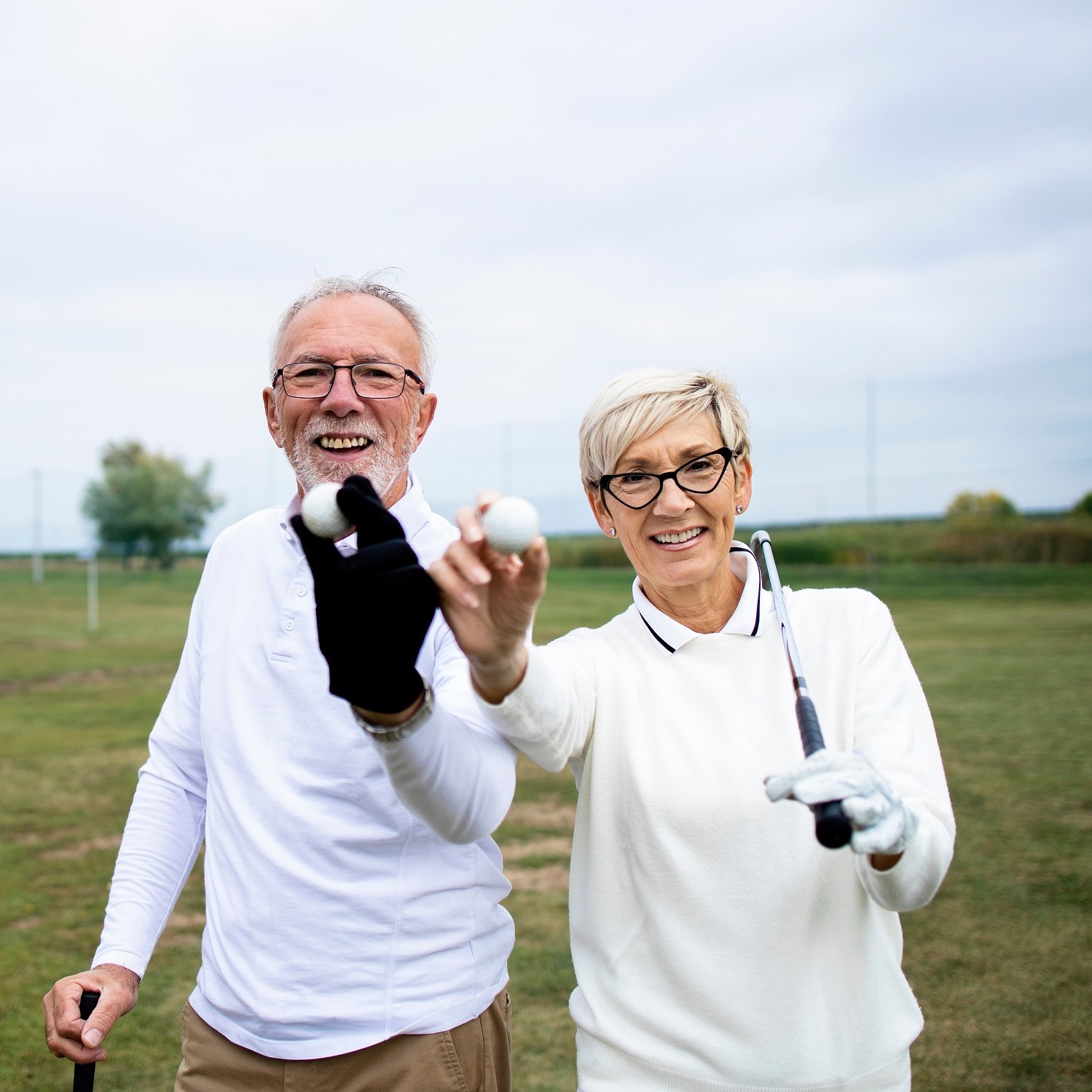20 April 2023
 Golf is acknowledged as a sport allowing players to blow off steam and enjoy the outdoors, but a new study led by the University of South Australia shows it may have serious benefits for people with chronic disease osteoarthritis.
Golf is acknowledged as a sport allowing players to blow off steam and enjoy the outdoors, but a new study led by the University of South Australia shows it may have serious benefits for people with chronic disease osteoarthritis.
UniSA researcher Dr Brad Stenner from the Alliance for Research in Exercise, Nutrition and Activity (ARENA) and a team of academics from Australia and the UK found that golfers with the degenerative condition experience lower psychological distress and better general health compared to the general population.
The same was found with golfers without osteoarthritis.
The findings are reported in the Journal of Science and Medicine in Sport.
Osteoarthritis affects more than two million Australians who suffer joint pain and stiffness most commonly in their hands, neck, lower back, knees, or hips, contributing to a lower likelihood of meeting physical exercise guidelines.
Osteoarthritis is the most common form of arthritis, the leading cause of chronic pain and the second most common cause of disability.
In a survey of 459 golfers with osteoarthritis more than 90% of participants rated their health as good, very good or excellent, compared to just 64% of the general population with the condition.
Almost three times as many non-golfers (22%) reported high to very high levels of psychological distress compared to golfers with osteoarthritis (8%).
Dr Stenner, a lecturer and occupational therapist, says regular golfers are kept active due to the amount of walking required and they can also experience a range of social benefits.
“People who play golf are often walking 8-10km per round and, as such, are regularly meeting or exceeding recommended physical activity guidelines, which is known to reduce the risk of cardiovascular disease, diabetes, obesity and improve metabolic and respiratory health,” he says.
“There are also significant benefits to mental health and wellbeing.
“Our research has highlighted the important role that golf has in building friendships, contributing to community, and bringing a sense of belonging, all of which are known to contribute to mental health and wellbeing.”
Staying active and exercising regularly is one of the most important aspects of managing osteoarthritis.
“Lower impact activity such as golf can assist in maintaining activity whereas higher impact activities such as running, jogging and gym may place significant stress on the joints, contributing to increased symptoms and pain,” Dr Stenner says.
“There is a growing body of evidence that golf reduces the risk of many chronic conditions such as obesity, diabetes, and cardiovascular disease, and may contribute to the management of these illnesses, which in turn may lower the longer term health and medical costs.
“From a mental health point of view, playing golf is associated with improved wellbeing and lower levels of psychological distress, and this is an important consideration for older adults.”
Dr Stenner says there is a gap in the known literature on the topic despite it being one of the most popular sporting activities for older adults.
“Very little is known about the relationship between golf and health and there is so much more we need to find out,” he says.
Notes to Editors
The study was undertaken by researchers from the University of South Australia, University of Dundee, University of Oxford, University of Melbourne and University College London.
Contact for interview: Dr Brad Stenner E: Brad.Stenner@unisa.edu.au
Media contact: Melissa Keogh M: +61 403 659 154 E: Melissa.Keogh@unisa.edu.au



